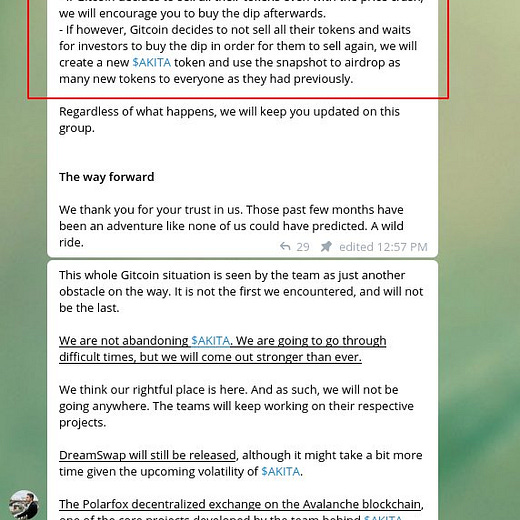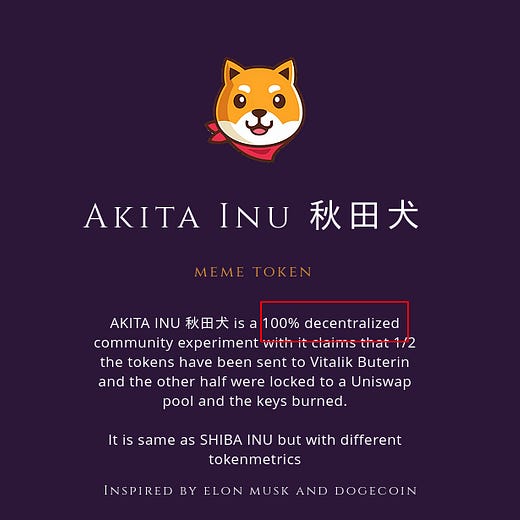The Tally Newsletter, Issue 35
June 9, 2021
Welcome back for issue 35 of the Tally Newsletter, a publication focused on all things decentralized governance. We’ll keep you updated on key proposals, procedural changes, newly launched voting systems, shifting power dynamics, and anything else you need to know to be an informed citizen.
This week we cover protocols’ adoption of “optimistic” governance patterns:
Index Coop votes on delegation of risk parameter management
LidoDAO moves towards “easy track” governance for routine changes
Plus brief updates from around the ecosystem.
Index Coop Grants Parameter Controls to Multisig
TL;DR: This change is intended to avoid future failed votes for key parameter changes.
Index Coop has generally seen strong voter participation since inception last fall. But with the launch of leveraged indices on ETH and BTC, the demands on governance have increased considerably. Failure to pass critical parameter change proposals in the past month have led the community to reassess their governance processes.
While traditional defi indices have relatively low governance requirements, mainly concerned with asset inclusion criteria, the new Flexible Leverage Index (FLI) series requires more agile management. FLI products use borrowed funds to achieve a target multiple of returns against an asset (currently ETH and WBTC are supported). To limit the risk of excessive leverage and liquidation, these indices feature governance controlled minting caps. But as we saw in May, failure to raise these limits promptly can cause market dislocations where the market price diverges from underlying position value.
To avoid recurrence of this issue, Index Coop has voted to delegate authority over FLI risk parameters to a multisig committee.The community has specified certain safeguards to ensure that this process remains accountable, including:
Required 24 hour advance notice of non-emergency changes
Committee must seek new mandate if an emergency change is implemented without notice
Time boxed authority, expiring at the end of July
The committee will be empowered to adjust rebalancing mechanisms and supply and trade size limits to accommodate changing market conditions. As an example, the decentralized exchange market is undergoing substantial changes as a result of the Uniswap v3 launch and migration, and it may be necessary to change trading venues on short notice to avoid losses from slippage.
In Index’s case, this represents an important procedural change but doesn’t significantly alter the protocol’s security profile. With proposal execution already handled through a multisig, one can argue this change represents a move towards increasing decentralization by giving multisig members clear rules of the road for parameter changes.
LidoDAO Proposes Optimistic Voting for Basic Updates
TL;DR: Future validator limit increases would be approved by default unless a challenge threshold is met.
Similar to Index Coop, Lido DAO has also experienced issues with key parameter change proposals. Lido maintains decentralization and mitigates staking risk by spreading out validator deposits among many staking service providers. LDO voters are responsible for periodically increasing the maximum validator limit for each provider to accommodate new deposits. But recently these routine votes have run into difficulties.
LidoDAO’s Aragon governance implementation requires a minimum of 5% support for even basic proposals. With many large crypto investors busy at the BTC conference in Miami this past week, the DAO was unable to reach quorum leading to a failed limit update proposal. This in turn delayed the onboarding of newly deposited Ether into the beacon chain, which would cause a negative impact on stETH returns at the margin.
Source: LidoDAO
Lido is responding by moving certain lower risk governance controls (including node operator limits and liquidity incentive renewals) to an optimistic governance workflow - referred to in Aragon governance as “easy track” motions. Instead of requiring a minimum quorum of yes votes to execute a proposal, votes are assumed to pass as long as a minimum objection threshold is not met.
In contrast to typical voting flows that require frequent actions and gas expenses from participants, this optimistic mechanism requires just a minimum of attention to ensure proposals are not malicious. The Lido community is now considering the finer points of the specification, including required objection threshold to block a motion and maximum number of concurrent proposals. These limits will be necessary to deter spam and abuse while still reaping the intended benefits of a low friction governance process.
In Brief:
Uniswap proposal 4 (lowering proposal submission threshold) is on track to pass:
Indexed Finance considers including BNT in their CC10 index:
Curve expands incentives to Polygon and Fantom deployments:
New protocol forks Uniswap v3 code on Binance Smart Chain:
Polygon gets Etherscan based block explorer:
Gitcoin struggles with AKITA token donation:
Zcash grants releases draft organizing document:
Curve announces new non-pegged asset AMM mechanism:
Opportunities:
Defi grants aggregator shows funding available from top protocols:
Flipside Crypto’s Bounty Brief newsletter collates funding for defi data analysis
Thanks for joining us for issue 35 of the Tally Newsletter. Be sure to check out the Tally governance app and join us on Discord for the latest updates!
Anything we missed? New developments or protocols you’d like to see covered? Drop us a line at newsletter@withtally.com
Best,
Nate, Tally











